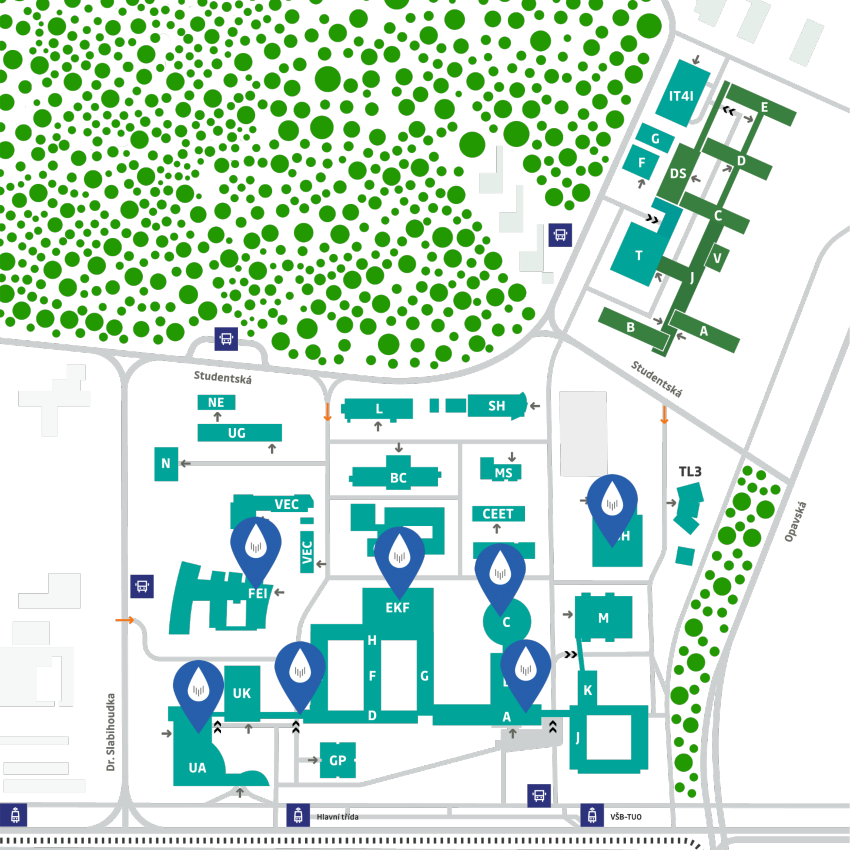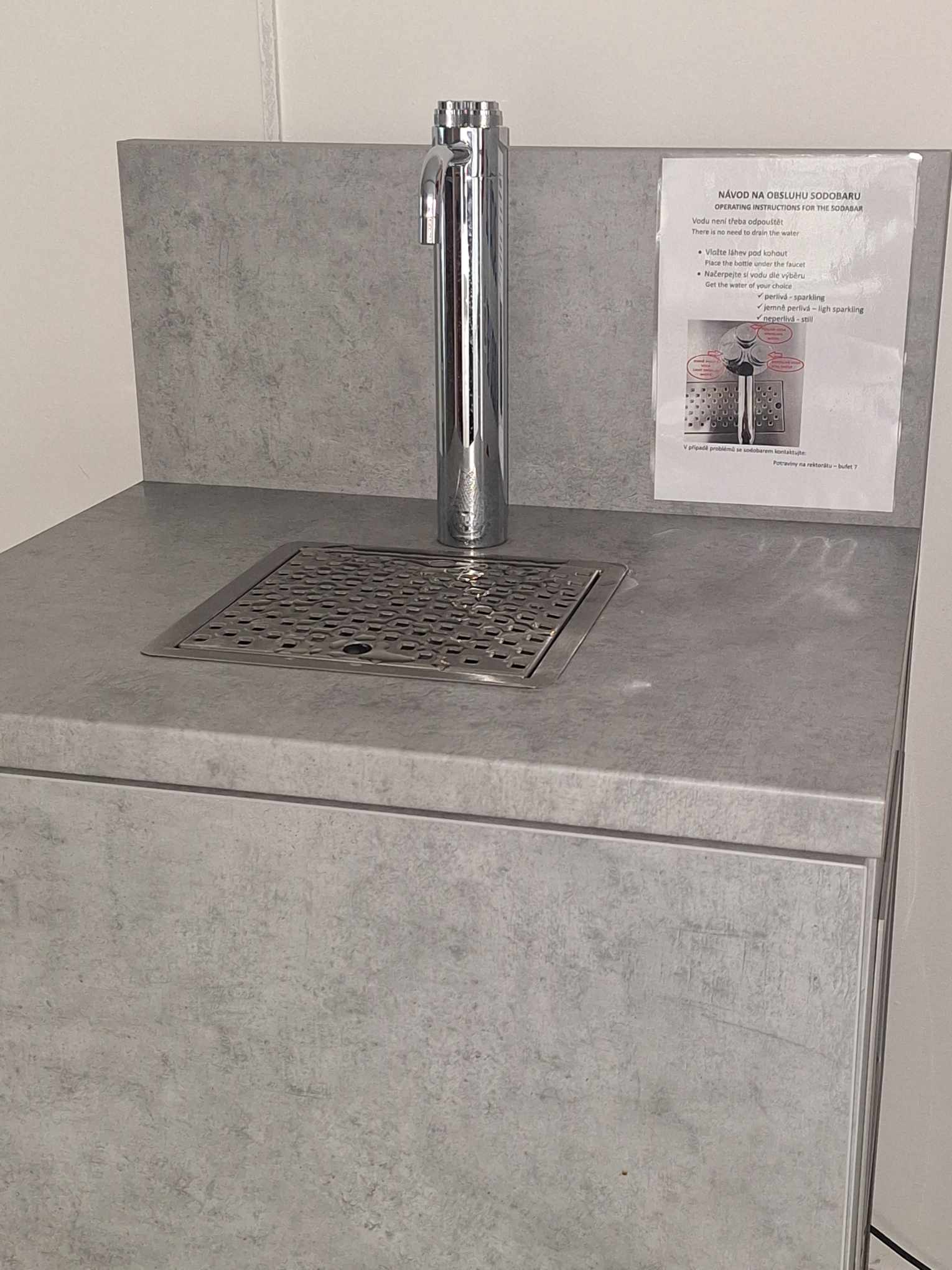12.2 Operational measures
12.2.1 Ethical sourcing policy
The University follows the internal Directive TUO_SME_18_004_J on Public Procurement (Zadávání veřejných zakázek: TUO_SME_18_004 verze: J - internal document only; issued in 2018 and last updated in 2025). This directive governs all procedures for the acquisition of goods, services, and works in accordance with Act No. 134/2016 Coll. on Public Procurement and the principles of transparency, equal treatment, non-discrimination, and efficiency.
As part of this directive, the University is committed to applying ethical, social, and environmental criteria in its procurement activities. The directive includes a mandatory Socially and Environmentally Responsible Procurement Checklist, which ensures that every procurement process, including the purchase of food and catering services, takes into account sustainability and social responsibility principles.
Procurement staff are encouraged to consider FAIRTRADE or equivalent certifications, sustainable sourcing, and responsible supplier conduct as part of the overall evaluation criteria. These measures support the selection of suppliers who respect human and labour rights, ensure decent working conditions, and follow fair trade principles.
In addition, the directive promotes:
- inclusion of social enterprises and SMEs in public tenders,
- support for environmentally friendly and resource-efficient solutions,
- responsible practices across supply chains, ensuring legal employment and timely payments,
- and preference for eco-labelled and certified sustainable products wherever feasible.
Through this directive, the University ensures that its procurement processes not only comply with legislation but also contribute to its broader commitment to sustainability, ethics, and social responsibility in all operations.
12.2.3 Policy waste disposal - hazardous materials & 12.2.4 Policy waste disposal - landfill policy
VSB - Technical University of Ostrava has implemented a comprehensive Waste Management Directive (Odpadové hospodářství VŠB-TUO: TUO_SME_05_005_H - internal document only; issued in 2007 and last updated in 2024) and a related Waste Management Process (Z3.7 Odpadové hospodářství - popis procesu: TUO_PPR_07_016_F - internal document only; issued in 2007 and last updated in 2024), which together define the system for managing all types of waste, including hazardous waste generated through University activities.
The directive establishes binding responsibilities and procedures for waste management, including sorting, labelling, collection, recordkeeping, transport, and transfer of waste to authorised companies for recovery or disposal. It also includes measures for waste prevention and for protecting both the environment and human health.
The system defines a clear process from waste generation to its final disposal, including:
- classification of waste (O – other waste, N – hazardous waste),
- preparation of the Hazardous Waste Identification Sheet (ILNO),
- maintenance of continuous and central waste records,
- cooperation with certified professionals for the assessment of hazardous waste properties,
- regular reporting through the Integrated Reporting System (ISPOP).
The Facility Services Department is responsible for coordinating the waste management system, ensuring compliance with legal and internal requirements, liaising with individual faculties and university departments, and maintaining communication with public authorities.
This system ensures that the University meets all legislative requirements related to waste management, including hazardous materials, and operates in accordance with the principles of sustainable and circular economy.
12.2.5 Policy for minimisation of plastic use
The University does not have a standalone policy specifically dedicated to plastic reduction.However, it actively implements measures aimed at minimising single-use plastics as part of its broader sustainability practices.
Single-use packaging and cups have been replaced with reusable containers and returnable cups across university facilities.
In addition, the University provides refillable water bottles and operates a network of water dispensers accessible to both students and staff, significantly reducing the generation of disposable plastic waste.
Map of water refill stations on the main VSB-TUO campus
Furthermore, a portion of packaging materials, such as cardboard boxes and bubble wrap, is systematically reused within University offices and departments to extend their lifecycle and help minimise waste production.
These initiatives form part of the University’s ongoing commitment to waste reduction, resource efficiency, and sustainable campus operations.


